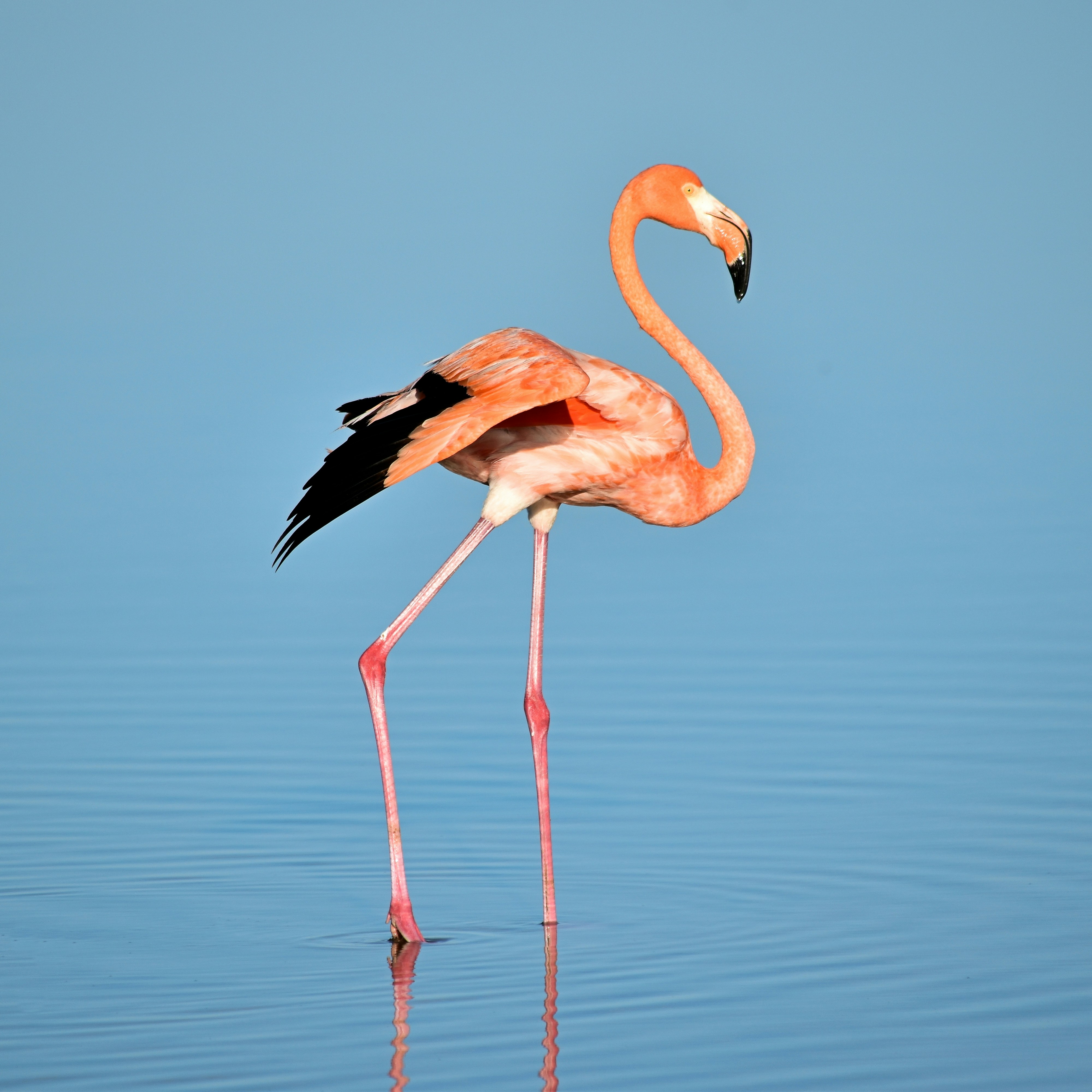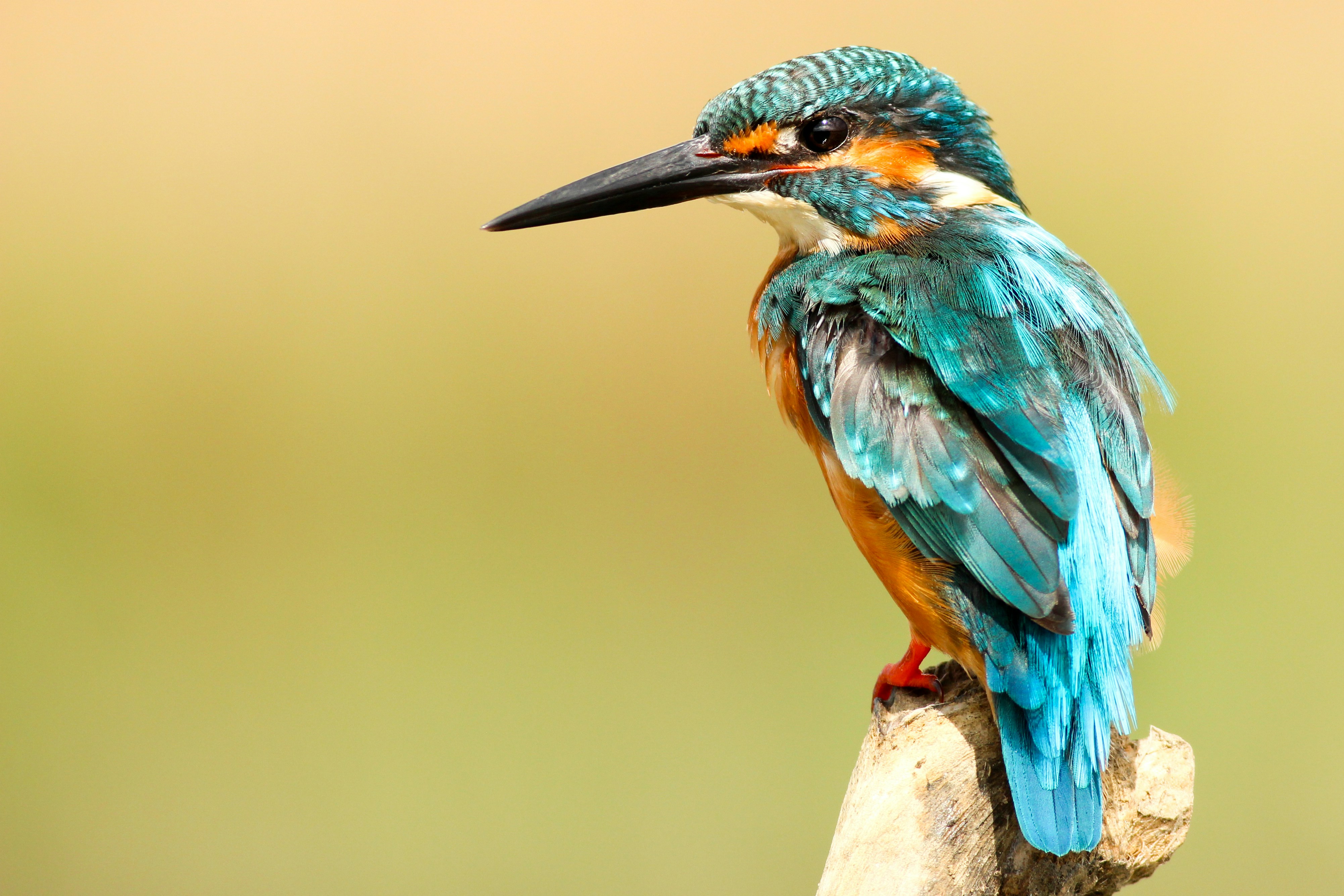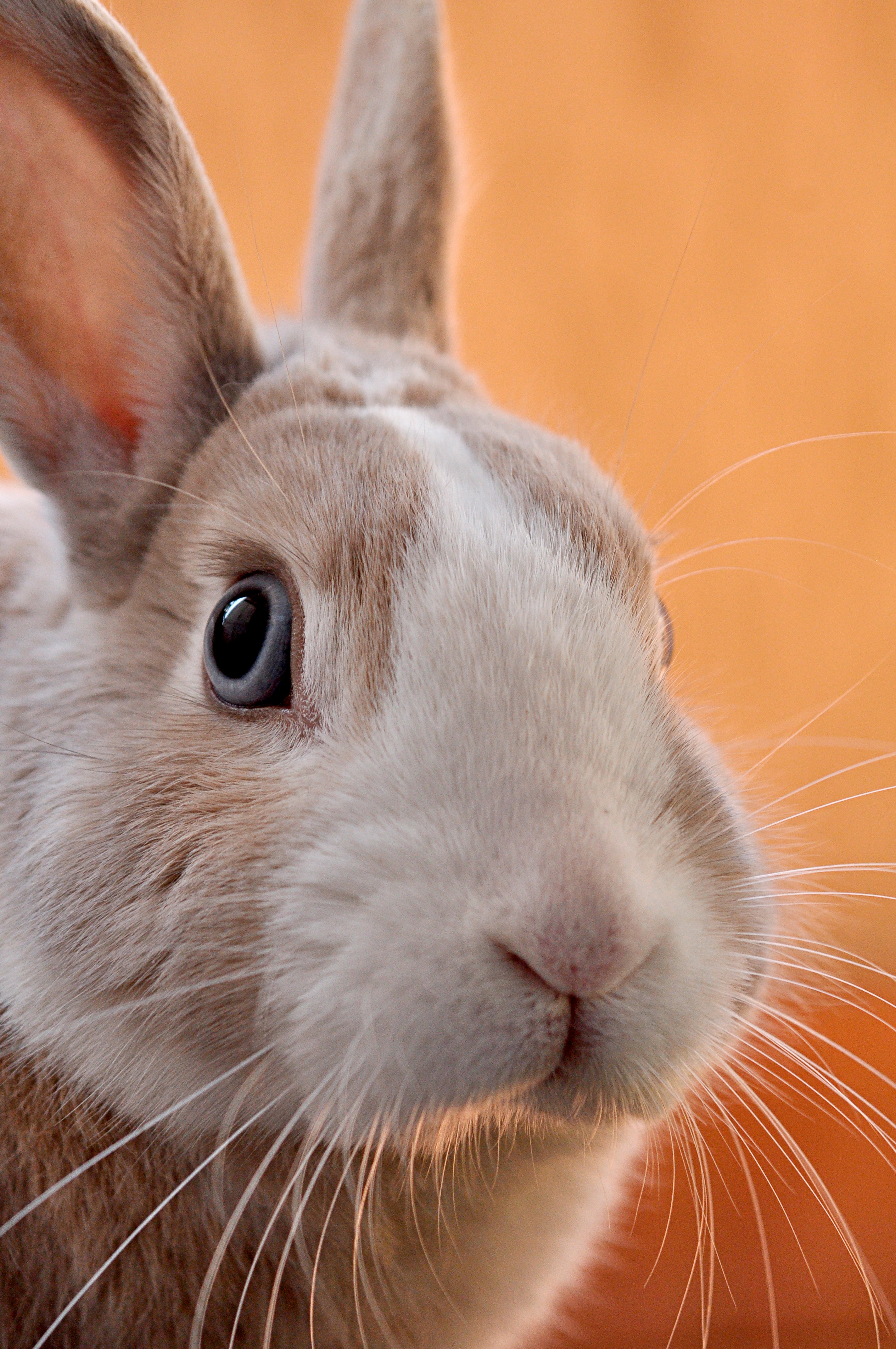
Animal photography practice at the zoo
2025-04-16



Animal Photography Practice at the Zoo
Are you an aspiring photographer looking to improve your wildlife photography skills? One of the best places to practice animal photography is at the zoo. Zoos provide a controlled environment where you can observe and capture a wide variety of animals up close. In this blog post, we will discuss some practical tips for animal photography at the zoo, including camera settings, composition techniques, and how to capture unique and compelling images of your subjects.
Introduction
Animal photography is a challenging but rewarding genre of photography. Capturing the beauty and essence of animals requires patience, skill, and a good understanding of your camera settings. Zoos offer a unique opportunity for photographers to practice their craft in a controlled setting. By visiting a zoo, you can observe a wide variety of animals from around the world and practice different techniques to improve your photography skills.
Practical Tips
1. Research the Animals
Before heading to the zoo, do some research on the animals you are likely to encounter. Learn about their behavior, habits, and preferred habitats. This will help you anticipate their movements and capture more natural and authentic images.
2. Use the Right Equipment
When photographing animals at the zoo, it's essential to use the right equipment. A telephoto lens is a must-have for capturing close-up shots of animals from a distance. A tripod can also be helpful for stabilizing your camera and reducing camera shake.
3. Adjust Your Camera Settings
When photographing animals, it's important to use the right camera settings to capture sharp and well-exposed images. Use a fast shutter speed to freeze the movement of fast-moving animals. Adjust your aperture to control the depth of field and focus on your subject. Experiment with different ISO settings to find the right balance between exposure and image quality.
4. Focus on the Eyes
The eyes are the most expressive part of an animal's face. When photographing animals, make sure to focus on their eyes to create a connection with the viewer. Use a wide aperture to blur the background and draw attention to the animal's eyes.
5. Experiment with Composition
Don't be afraid to experiment with different composition techniques when photographing animals. Try shooting from different angles, using leading lines to draw the viewer's eye to your subject, and incorporating negative space to create a more dynamic composition.
6. Capture Unique Moments
Look for unique and interesting moments to capture in your photos. Whether it's a playful interaction between animals, a feeding time, or a moment of stillness, try to capture the essence of the animal in your images.
Conclusion
Practicing animal photography at the zoo is a great way to improve your wildlife photography skills. By researching the animals, using the right equipment, adjusting your camera settings, focusing on the eyes, experimenting with composition, and capturing unique moments, you can create stunning and compelling images of animals. So grab your camera, head to the zoo, and start practicing your animal photography skills today!